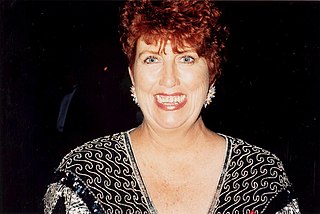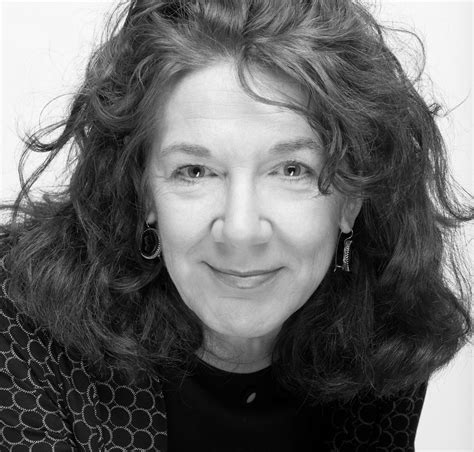A Quote by Louis L'Amour
You are your own best teacher. My advice is to question all things. Seek for answers, and when you find what seems to be an answer, question that, too.
Related Quotes
Every once in awhile, find a spot of shade, sit down on the grass or dirt, and ask yourself this question: “Do I respect myself?” A corollary to this question: “Do I respect the work I’m doing?” If the answer to the latter question is NO, then the answer to the former question will probably be NO too. If this is the case, wait a few weeks, then ask yourself the same two questions. If the answers are still NO, quit.
If you ask a living teacher a question, he will probably answer you. If you are puzzled by what he says, you can save yourself the trouble of thinking by asking him what he means. If, however, you ask a book a question, you must answer it yourself. In this respect a book is like nature or the world. When you question it, it answers you only to the extent that you do the work of thinking an analysis yourself.
To be a scientist you have to be willing to live with uncertainty for a long time. Research scientists begin with a question and they take a decade or two to find an answer. Then the answer they get may not even answer the question they thought it would. You have to have a supple enough mind to be open to the possibility that the answer sometimes precedes the question itself.
But in the end, science does not provide the answers most of us require. Its story of our origins and of our end is, to say the least, unsatisfactory. To the question, "How did it all begin?", science answers, "Probably by an accident." To the question, "How will it all end?", science answers, "Probably by an accident." And to many people, the accidental life is not worth living. Moreover, the science-god has no answer to the question, "Why are we here?" and, to the question, "What moral instructions do you give us?", the science-god maintains silence.
A dialogue is very important. It is a form of communication in which question and answer continue till a question is left without an answer. Thus the question is suspended between the two persons involved in this answer and question. It is like a bud with untouched blossoms . . . If the question is left totally untouched by thought, it then has its own answer because the questioner and answerer, as persons, have disappeared. This is a form of dialogue in which investigation reaches a certain point of intensity and depth, which then has a quality that thought can never reach.







































